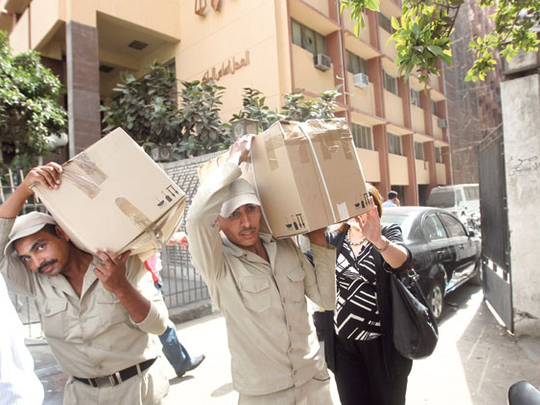
The Arab world is holding its breath as Egypt votes today in its first free presidential election. Today's first round has 13 candidates representing a broad spread of opinions from leftist, secular, to mildly and forcefully Islamist.
It is exhilarating that the election is the first in which no one knows the result in advance. For decades after the 1952 Revolution, Egypt's elections were fixed by the ruling party, but genuine democracy has finally arrived in the Arab world's largest country, and the public has been riveted by the open debate between the candidates about the critical issues facing it.
Egypt suffered under presidents Anwar Sadat and Hosni Mubarak, as its political life was stifled and its regional position eroded by slavish adherence to American policy. But Egypt is still the intellectual leader of the region and the beating heart of the Arab world and whatever happens there makes a huge difference to the rest of the region.
Egypt is, however, still going through a shaky transition from the dictatorial regime, and the revolution in the course of last year's Arab Spring has still to have its final effect. The new president will have to restart the process of forming a Constituent Assembly tasked with drawing up a new constitution, which must be inclusive in spirit and not dominated by one party's agenda.
It may well be that the vast powers of the Mubarak presidency have to be reduced, but that should be done through rational debate in the Constituent Assembly, not on the orders of the interim military rulers in the Supreme Council of the Armed Forces, who may well want to preserve their own position at the expense of democracy in Egypt.










